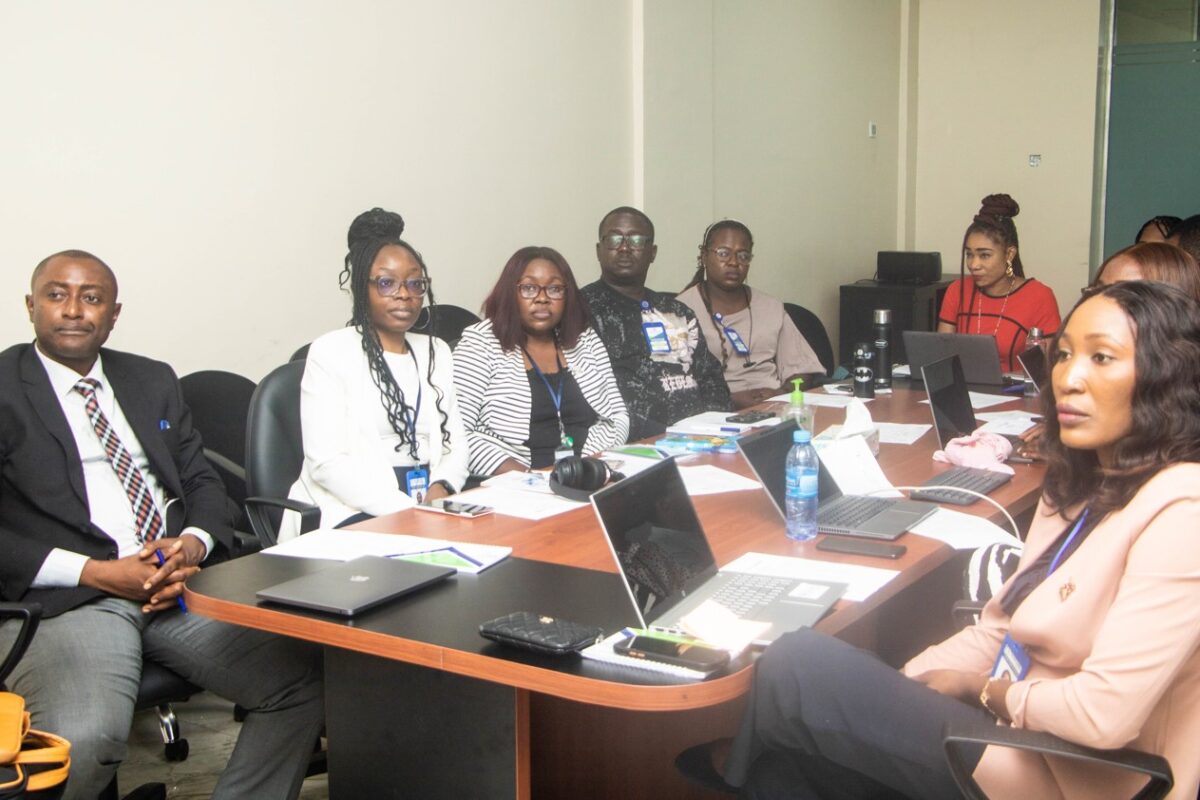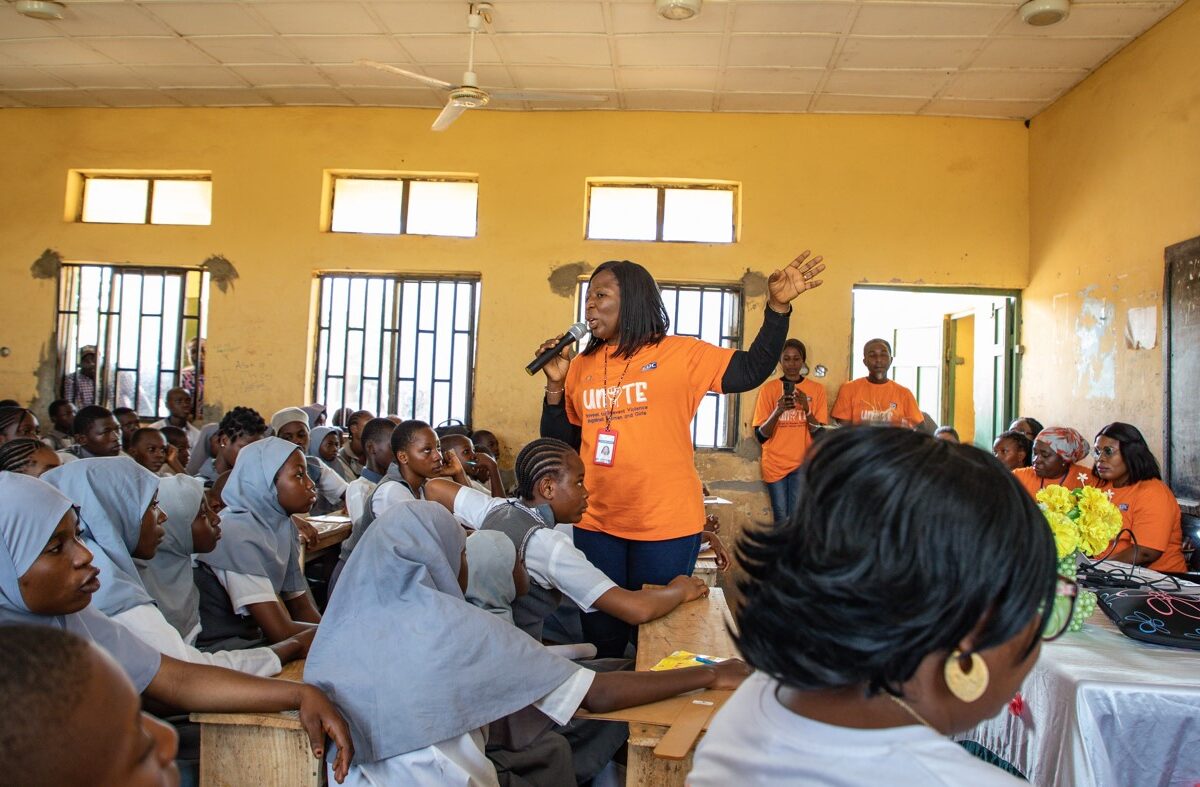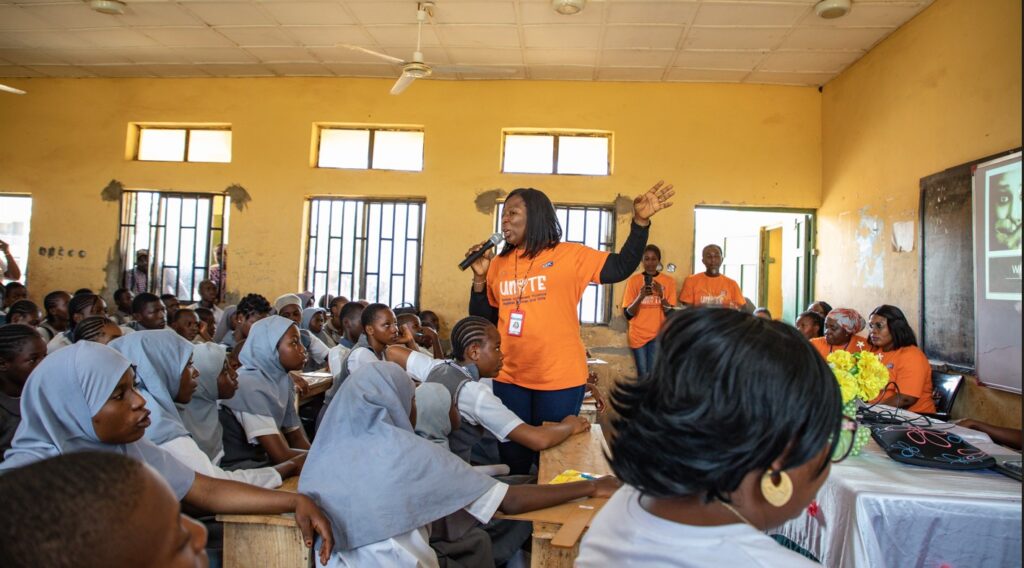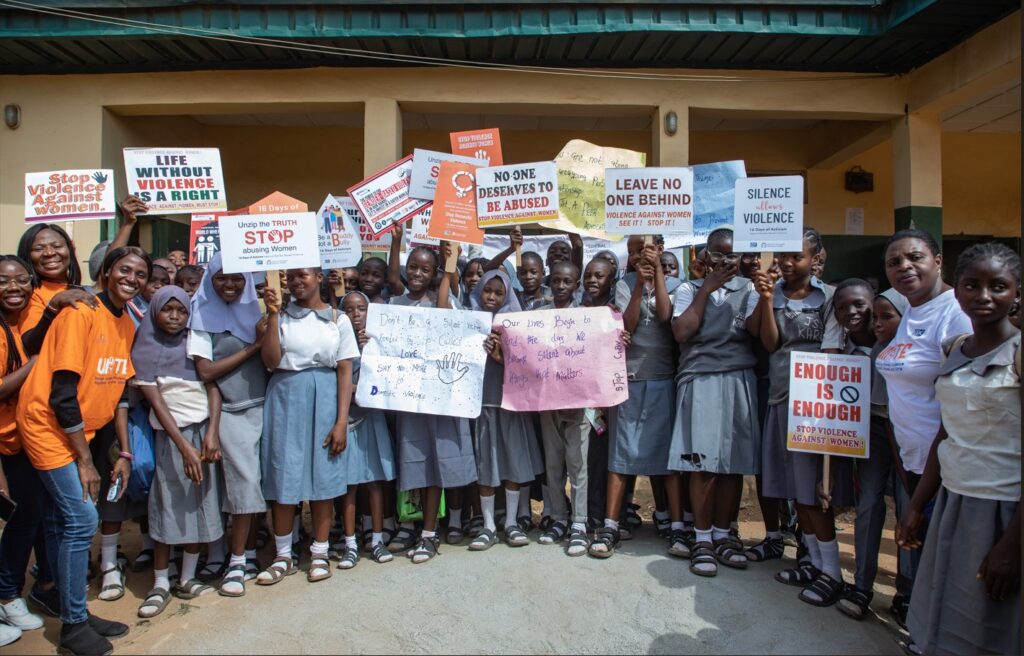According to Globocan 2020, cancer causes an estimated 78,000 deaths in Nigeria annually, with breast cancer and cervical cancer being the most common cancers among women in Nigeria. To reduce mortality from these cancers in the country, the International Research Center of Excellence of Excellence (IRCE) at the Institute of Human Virology Nigeria (IHVN) has kicked off a five-year research project titled, Network for Oncology Research in Africa (NORA).
The project is to be implemented within a consortium made of four African countries: Nigeria, Ethiopia, South Africa, and Tanzania. It will involve 35 population-based cancer registries from 25 sub-Saharan African countries.
At a kick-off meeting for the project in Abuja, NORA Co-Principal Investigator, Dr. Victoria Igbinomwanhia said, “Screening for breast and cervical cancers in Nigeria is low and diagnosis is delayed, and the project will look for ways to improve that”.
The project will look at widely established benchmark indicators of adequate cancer care including screening uptake, stage at presentation, time to diagnosis, and referral to treatment. The study will examine the pattern of cancer incidence, cancer stage, cancer survival and how it changes over time. The study will look for ways to increase demand for cancer screening in rural and urban communities and means to successfully integrated cancer care in decentralized primary care settings. How can hospital-based cancer registries help trace patient journeys and support standardized treatment referrals within a resource-constrained setting for example?
“We know that currently, palliative care models for cancer care do not exist in the country. Along with caregivers and healthcare workers, we will identify interventions for adequate home and community care for cancer patients. The goal of NORA is to reduce the burden of breast and cervical cancer in Nigeria and Sub-Saharan Africa. The research also seeks to generate policy recommendations for effective cancer control strategies,” Dr. Ighinomwanhia expanded.
NORA will be using both quantitative and qualitative methods to undertake research in six health facilities and communities in FCT, Nasarawa, and Rivers States. Data from 2015 to 2026 will be used to establish findings from the research which will involve Master’s, Ph.D., and Post Doctoral students.
One of the NORA Masters students, Mrs. Gloria Harrison Osagie notes, “I’ll be looking at how we can identify and close the gaps needed to strengthen cancer registries and improve cancer data quality in Nigeria.” Mrs. Harrison Osagie, who is a cancer registrar, says that “training of cancer registrars will improve reporting on cancer stages to guide policy formulation and evidence-based programs.”
Another Master’s student, Dr. Igoche Peter commented that the multidisciplinary nature of NORA means that the project will result in different perspectives from different people on the same concept of cancer care.
“In palliative care, you are looking at how you will improve the quality of life of people diagnosed with cancer. We want to improve community palliative care in cancer in Nigeria which is a novel area in Nigeria. We cannot transplant what works elsewhere to the Nigerian setting without finding out what is suitable for our culture,” Dr Peter says.
NORA is being implemented with funding from the BMZ- the German Federal Ministry for Economic Cooperation and Development, through the GIZ.




